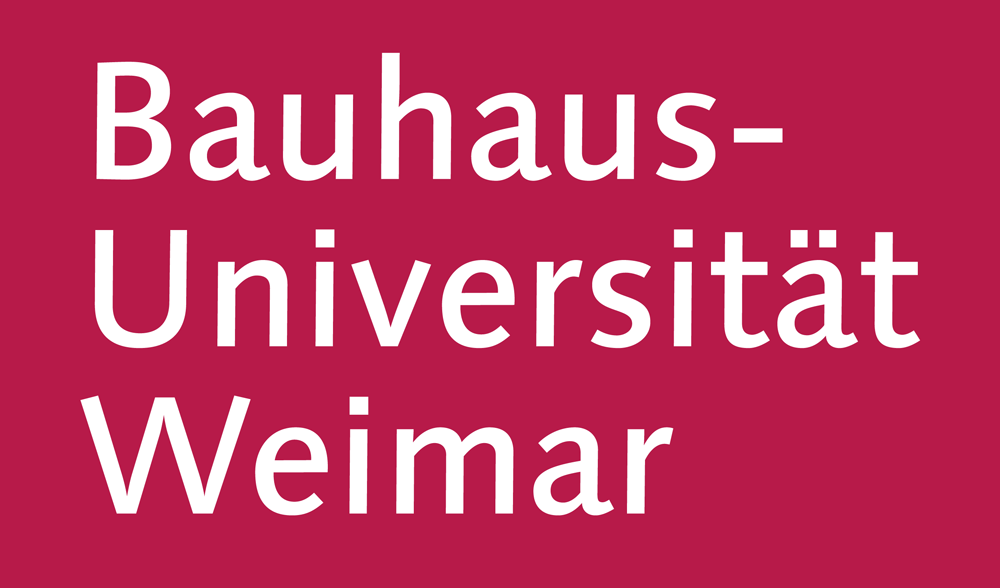Bauhaus University Weimar

Table of Contents
ToggleBauhaus University Weimar
About the university
Bauhaus University Weimar began as the Great Ducal Saxon Art School in Weimar, Germany, in 1860. In 1902, it became a public institution, and Walter Gropius called it Bauhaus. The word ‘Bauhaus’ denotes an eagerness to try new things, as well as transparency, creativity, and internationality. Its four faculties of Architecture and Urbanism, Art and Design, Civil Engineering, and Media offer over 40 undergraduate and postgraduate programs. Bauhaus has partnered with 273 universities around the world, demonstrating its commitment to internationalism.
Image of University

Overall Ranking
The University is ranked 1295 of 14,160 universities in the World; 454 of 2789 in Europe; 68 of 370 in Germany; 3 0f 12 in Thuringia and 1 of 2 in Weimar.
Courses offered by the university
The university’s four faculties of Architecture and Urbanism, Art and Design, Civil Engineering, and Media offer over 40 undergraduate and postgraduate programs. The most popular programs are in Art & Design and Civil Engineering.
Other popular programs include Fine Art, Visual Communication, Media Design, Media Studies, Computer Science and Media, Architecture, Civil Engineering, Materials Science, Processing Technology, Environment, and Management.
Scholarships and Financial aids:
Information to be updated.
Facts and Figures
450 international students are among the more than 4000 students enrolled.Weimar also has everything a student needs to study and live – a vibrant campus life, cultural diversity, plenty of natural space, and short commutes.
Internships near the university
Part-time jobs for many students include cafe waiters, trade show hosts, bicycle couriers, office assistants, cleaners, and babysitters. Small ads in regional or local newspapers, as well as the Agentur für Arbeit.
Jobs near the university:
“Studentenwerk” job service, are good places to look for this type of job. Working at university institutes, libraries, or other university facilities is an ideal and popular way to supplement income while studying. If this is something you’re interested in, ask your department secretary about openings for student or graduate assistants and tutors. Check notice boards outside libraries, lecture halls, and the canteen as well.
Housing and Accommodation
It does not have on-campus housing, but students can live in student housing, shared apartments, or private apartments. In student housing, furnished rooms are available for rent. They’re all single rooms with shared kitchens and bathrooms. A room must be rented for a minimum of six months. It is possible to rent for a shorter period of time, but the rent will be higher. If you can’t find a place to stay in Weimar, you can stay in a hostel. In Weimar, you have a choice of two hostels: the Labyrinth Hostel on Goethe Platz 6 or Jugendherbergen Thüringen.
Cost of living:
There are no tuition fees at Bauhaus University. However, semester fees must be paid by students. So average estimated cost of living in Bauhaus University for international students is 600-800 Euros per month which costs around INR 60,000-70,000/month and 800-900 USD/month.
[table id=13 /]Places to visit near the city
The Bauhaus, Johann Wolfgang von Goethe, Friedrich Schiller – Weimar is well-known for its rich artistic and cultural heritage. The city’s most well-known museums and historic sites are all located in the heart of the city. The famous statues of Germany’s national poets Goethe and Schiller stand in front of the Deutsches Nationaltheater (DNT). Nearby are the Goethe Residence and the Goethe National Museum, as well as the Schiller Residence, which was once home to poet Friedrich Schiller. Weimar is also a hub for the media industry. Weimar is home to a newspaper, as well as a smaller radio and television station. So, if you’re interested in studying media, you’ll have a plethora of job opportunities right outside your door.
Around campus, there are numerous small cafés and pubs, such as the “Plantar.” The “M18” – Weimar’s student union – is the most popular meeting place for students. There is a small café on the premises, as well as student advisors who can answer any questions you may have.
The Park on the Ilm River is a great place to unwind in between classes. There are meadows where you can play sports or simply relax while dipping your toes in the Ilm. If you’re looking for some peace and quiet, this lovely park in Weimar is the place to go!

